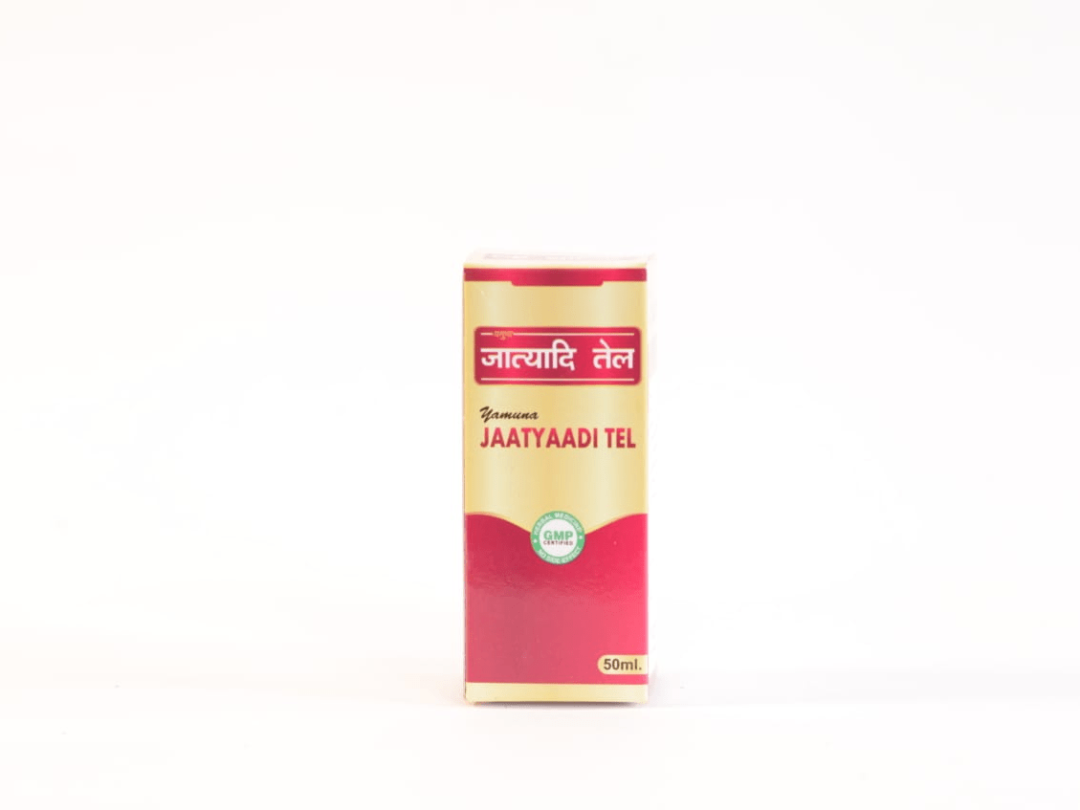Women?s empowerment is a positive force, but the lifestyle shifts that accompany it?such as career priorities, delayed childbirth, increased stress, and dietary changes?can indirectly contribute to gynecological disorders among women. Here?s how:
—
1. Delayed Marriage & Childbirth
Traditional vs. Modern Trends: In Hindu society, early marriage and childbirth were common, aligning with biological fertility peaks. With empowerment, many women prioritize education and careers, delaying marriage and pregnancy.
Impact: Late pregnancies increase the risk of infertility, PCOS, endometriosis, fibroids, and pregnancy complications.
—
2. Increased Stress & Workload
Dual Responsibility: Many empowered women balance careers with household responsibilities, leading to chronic stress.
Impact: Stress disrupts hormonal balance, leading to irregular periods, PCOS, early menopause, and thyroid dysfunction.
—
3. Dietary & Lifestyle Changes
Shift from Traditional Diets: Busy schedules lead to increased consumption of processed foods, refined sugars, and fast food.
Impact: Poor nutrition contributes to obesity, insulin resistance (PCOS), and menstrual irregularities.
Sedentary Lifestyle: Desk jobs and lack of physical activity reduce metabolic health.
Impact: Higher risk of obesity, PCOS, and menstrual disorders.
—
4. Rise in Hormonal Contraceptive Use
Greater Reproductive Autonomy: More women use oral contraceptives and emergency pills for birth control.
Impact: Prolonged hormonal use can cause menstrual irregularities, mood swings, and long-term reproductive issues.
—
5. Breakdown of Traditional Family Support
From Joint to Nuclear Families: Traditionally, Hindu women received postpartum and menstrual care from elder women in joint families. Today, nuclear family structures and urban migration reduce such support. Contribution of family members play an important role for her overall well-being and empowerment. Health should not be compromised at the, cost for empowerment.
Impact: Lack of traditional postpartum care can lead to long-term reproductive health issues.
—
6. Menstrual Suppression & Hygiene Changes
Work Commitments & Social Participation: Women may suppress periods using medication for convenience during exams, travel, or work.
Impact: This can disrupt natural cycles, leading to hormonal imbalances.
Increased Use of Sanitary Products: While improved menstrual hygiene is beneficial, excessive use of synthetic products (like scented pads) may increase infections.
—
Conclusion
Women?s empowerment is not the problem?it?s the modern lifestyle changes that come with it. The shift in priorities, stress, diet, and reproductive choices influences gynecological health. The solution is balance?embracing empowerment while maintaining health-conscious decisions about diet, stress, reproductive health, and traditional wellness?practices.















